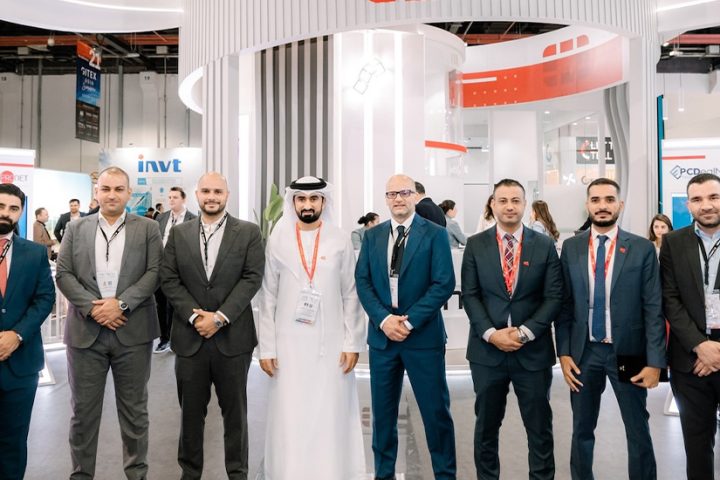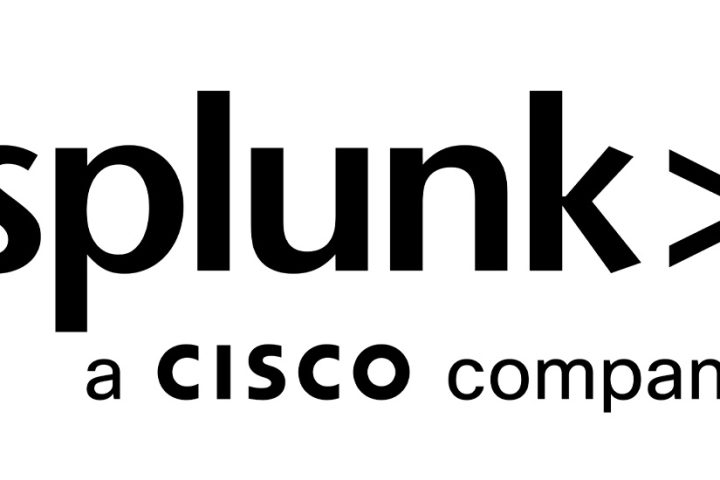With over half the industry’s workforce aged over 35, and a third aged over 40, businesses in manufacturing, lumber, distribution and retail are facing a dangerous skills gap on their factory floors, if they fail to recruit new talent before too long. This is one of the findings of the latest research from Epicor Software Corporation. Only a quarter (23%) of businesses agreed they find it easy to attract the right talent, with the right industry knowledge, suggesting they might soon hit crisis point.
Despite recent technology developments—including advancements in AI, IoT and robotics—business leaders attribute the emerging skills and knowledge gap to the fact that there’s a perception these industries are behind the times. Many businesses in manufacturing, lumber, distribution and retail believe they are perceived as being old-fashioned (23%), and a quarter agree they are not seen as working within a ‘young person’s industry’ (25%).
At the same time, 32 percent think young people lack the right skills/ experience to work in industry. One-in-five (22%) believes that the education system simply isn’t doing them any favors primarily because it’s not preparing or encouraging young people into manufacturing.
Implementing new technologies and ways of working could be the answer to both provide the industry with the skills or knowledge needed, while encouraging more young talent to consider roles in manufacturing, lumber, distribution and retail. For example, 41 percent of businesses are implementing some form of robot technology, because they can automate mundane work (54%), free up people to work on more creative tasks (40%), and can optimize processes faster and more effectively than humans (34%).
Many employees are aware of the benefits of automation, because they already have first-hand experience of robot workmates. A third (31%) says AI, robots, and highly automated machinery, are now a common feature of their day-to-day work, and only 32 percent says they are not part of their workforce at all.
In order to make the most of the latest innovations in workplace robotics and AI, businesses need to have the right infrastructure in place—one that fits their business and industry. Cloud-based enterprise resource planning (ERP) solutions like Epicor ERP can be crucial to coordinating robot workflows and sharing data between machines and humans across multiple digital platforms. Indeed, around a fifth (19%) of businesses questioned in the Epicor study said they rely on a single core business system to manage everything.
Terri Hiskey, vice president, product marketing, manufacturing, at Epicor said, “The study shows us that the use of robots is a very real, but also very welcome way of solving an otherwise worrying industry-wide knowledge and skills gap. With employers struggling to find candidates with the right skills or knowledge for entry-level roles, and with employees struggling to keep up with the pressures of business growth, automating aspects of the workforce offers a new way of building efficiencies into the supply chain, and enabling digital transformation. However, businesses need the right infrastructure at their heart if they are to manage data flows effectively and to make the most of robotics and AI. This is where ERP and the cloud come into their own.”














